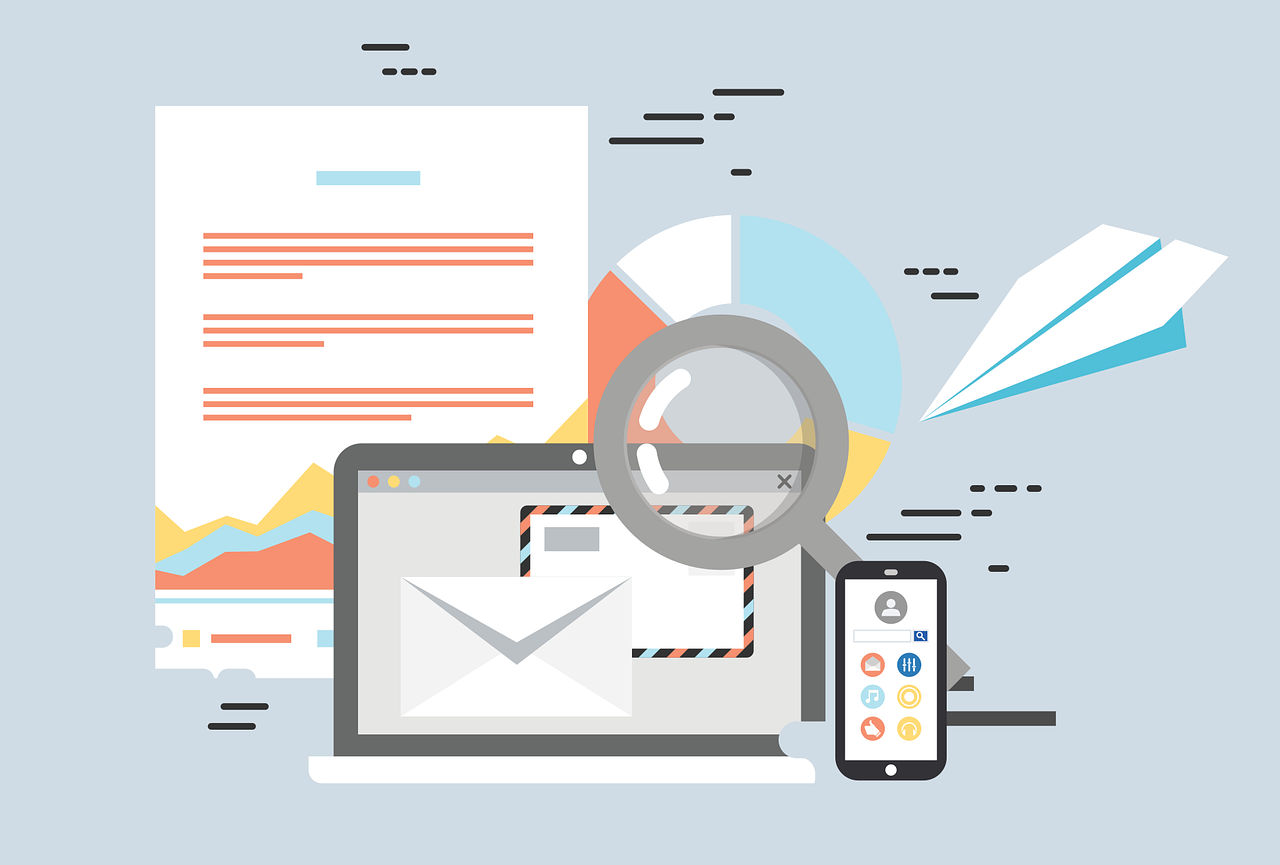If you’re new into affiliate marketing, it’s very easy to get overwhelmed by the terminology, different marketing strategies and more. This can lead to analysis paralysis and ultimately no growth in your affiliate marketing business. In this post, we’ll cover what digital marketing and affiliate marketing are along with their similarities and differences. This brief overview will allow you to get a solid understanding of both and help you improve your processes and make more affiliate income.

What is digital marketing vs affiliate marketing?
Digital marketing and affiliate marketing are two distinct yet interconnected approaches to online marketing. Digital marketing is a broad umbrella term that includes all marketing efforts that use digital channels to reach and engage audiences; the majority of online marketing would come under the definition of digital marketing. This includes strategies like search engine optimization (SEO), content marketing, social media marketing, email campaigns, and paid advertising across various online platforms.
The goal of digital marketing is to build brand awareness, drive website traffic, generate leads, and ultimately convert those leads into customers through multiple touchpoints. In contrast, affiliate marketing is a more specific performance-based marketing strategy. With affiliate marketing, companies partner with promoters (affiliates) and they pay them for marketing their products and services. They pay these affiliates based on clicks, purchases and specific actions taken. All affiliate marketing is digital marketing while digital marketing is not affiliate marketing.

Main similarities between digital marketing and affiliate marketing:
Both types of marketing are mainly online: Digital marketing by definition means marketing online, but affiliate marketing can also occur in real life. For the most part, the vast majority of affiliate marketing happens online where affiliates join affiliate networks and programs for the chance to earn money promoting different products and services. Companies help track affiliates’ efforts with cookies and they pay them per purchase action taken.
Both leverage the same channels: The most successful digital and affiliate marketers often use the same channels to capture and convert customers. These are usually the big social media platforms like Facebook, Instagram, YouTube, X, etc. Whether they’re making their own content or partnering up with other creators, the bulk of both types of marketing occurs in digital channels.
Both require performance tracking and analytics: Both of these types of marketing heavily rely on performance tracking to run their day to day operations. Since the business relies on traffic and conversions, the most impactful work done by both types of marketers will be dictated by third party software they use to track their efforts. This makes their work more predictable and repeatable which allows the businesses to scale.
Main difference between digital marketing and affiliate marketing:

Scope of marketing covered: The single largest and most important difference between affiliate and digital marketing is the scope of marketing covered. Affiliate marketing is one channel of customer acquisition under the larger umbrella of digital marketing. A company’s digital marketing efforts can include paid advertising, SEO, influencer marketing, etc. along with affiliate marketing. As an affiliate marketer, it’s important to understand that your work is just one aspect of marketing for the average company you work with.
Distribution and control over marketing: As an affiliate marketer, you will not have the same distribution and control over marketing in comparison to a digital marketer. Since affiliate marketing is just one channel, you won’t have the access or the skill set to manage an entire digital marketing operation. A podcast or blog will have direct traffic to affiliate promotions while an individual affiliate marketer will not. Additionally, the brand or company has direct control over their marketing efforts. They create, distribute, and manage their own content and campaigns across various digital channels. This allows for consistent brand messaging that’s not possible with just affiliate marketing.
Costs: The costs between digital marketing and affiliate marketing is substantial. Affiliate marketing is a great low cost way to market that doesn’t require upfront capital. In contrast, digital marketing often requires upfront investment in creating content, running ads, and maintaining various digital platforms. Costs can be ongoing and may not be directly tied to sales. However, it offers potential for long-term brand building and customer relationships. For most beginners, affiliate marketing is by far a better option than digital marketing.
The savvy marketer is one who understands the complete picture of digital marketing and how affiliate marketing plays into the overall marketing strategy of a company. The better you understand the similarities between each type of marketing, the more effectively you can leverage their unique strengths to grow your affiliate marketing business. Most affiliate managers will bring up these terms at one point, so keep refreshing on any unknown marketing channels so you can provide more value to any company you work with. To learn more about how you can get started with affiliate marketing for free, check out our Facebook Group here.

